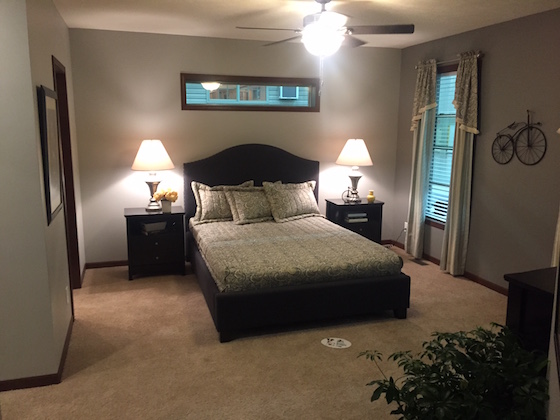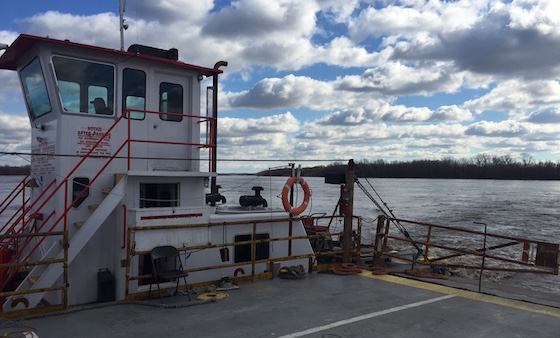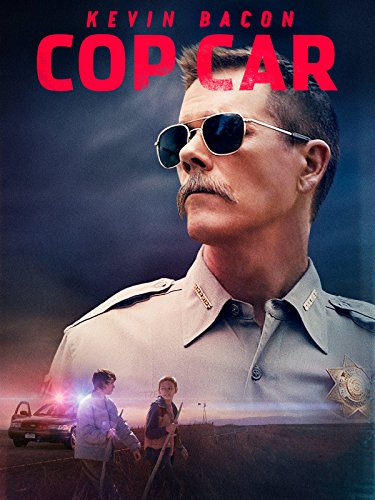If you’re like Dave and I, you worry all the time about every possible thing that can happen in life. Terrorism, crime, increases in income tax – those are all macro topics that we ponder constantly. But what are the top mobile home park specific fears that we, and any owner, would have on the top of the list – and how can we mitigate those worries?
Problems with City Hall
You can’t be a park owner and not at least worry about City Hall trying to give you problems. Perhaps citations on the condition of your homes or streets. Or maybe a challenge to you bringing in a home to fill a vacant lot. Fortunately, this is a problem that you can mitigate pretty effectively. During due diligence you need to obtain a Certificate of Zoning, which states how many lots you have, what the zoning is, and if you are “legal conforming”, “legal non-conforming (grandfathered)” or “illegal”. If you are not “illegal” then you have legal rights that protect your ability to run a park in most states. You also ask for a list of all existing citations during diligence. While this would not protect you from any new ones, it does demonstrate that the park is clean of problems as of that date, and tends to show the city’s opinion of the park. In addition, it sets somewhat a precedent of required property condition. Finally, many state Supreme Courts have rendered decisions in favor of park owners on bringing in homes to fill vacant lots. To date, to our knowledge, no park owner has ever lost such a case in a higher court. And most city attorneys are aware of this.
Severe weather events
You can’t control Mother Nature. Whether it’s a tornado, hurricane, forest fire or earthquake, every state seems to have something that can go wrong. The only way to mitigate this worry is to understand what your odds are, to carry plenty of insurance, and have some trust in the Federal government. We personally have too much concern to own a mobile home park in a hurricane zone – however, not if it’s significantly inland and away from the surge in sea level and flooding. Many states that are assumed to have extremely high likelihood of tornadoes are, in fact, not that bad (look at a historical chart on-line). In fact, the highest risk states are not the Midwest, but the Southeast. When a calamity hits, you want to have a ton of insurance (have your agent help engineer your coverage). But it’s also been our experience that in the event of a disaster (not including the magnitude of a major hurricane), FEMA and the Red Cross work quickly to get folks back into homes, and parks are often rapidly re-filled with homes purchased or gifted by FEMA.
Failure of water and/or sewer lines
Most galvanized water lines and clay tile sewer lines have already had substantial partial replacement over the past 50 years or so. Whenever a piece breaks, it typically gets put back as PVC. In this manner, there is probably no “pure” old line park left. Our tenants cook with a ton of grease, and this causes frequent calls to Roto-Rooter, but does not require pipe replacement. But we all know that nothing lasts forever, so what happens when those pipes finally start failing so frequently that it is more cost-efficient to replace them? The best way to mitigate this is twofold. First, establish a reserve account and stick with it. This account is there to pay for major capital expenditures, and most large banks will force it upon you if you have not been engaging in it. But probably the best way to sleep at night is to know that there are new technologies emerging that will reduce the cost substantially when that day comes (but see if you can’t hold out for few more years right now, so that these new methods are more common). On the sewer line side, “pipe-bursting” is amazing and worthy of study on Google (including videos). Using hydraulics, the main line is replaced by seamlessly crushing the clay tile and pulling PVC through that cavity in the earth. We bid that on a park in Missouri, and it came out as two-thirds cheaper than traditional line replacement. There is also a system, on the metal water lines, to sandblast and coat them on the inside with plastic – basically building a PVC line inside your metal lines. This technology is much newer and we have not bid a park on it yet. But the general thought is that it will also be substantially cheaper than full line replacement in the end. But, like flat screen TVs, letting the technology mature can be worth a fortune.
Liability
Slip and fall claims are the #1 insurance item in a mobile home park. But dog bites can be even more costly. The good news on liability is that most of it can be mitigated by proactive action to remove the source of the danger. Dead trees and limbs should be removed on sight, as should uneven curbs and any hole that someone can fall in or trip over. And the insurance requirements of no dangerous breeds of dogs, swimming pools and trampolines should be strictly adhered to. Of course, the biggest reason why park owners can sleep at night is their liability insurance. The fact that you carry $1 million or more of protection against a liability claim should protect you from any problem that pops up.
Private water or sewer regulation changes and/or system failure
Private water and sewer can be a source of continual worries. Unlike other concerns, you can’t protect yourself with insurance, or some clever strategy. Instead, you have to use common sense to mitigate the risk. The most important way to protect yourself is on the front end, with great due diligence. You have to make sure how long the system has left, that you have the legal right to replace it, and what that will cost. In addition, you have to make sure that all permits and licenses are 100% current and correct. And you have to make sure you have the proper licensing on the front end. Equally important – for your peace of mind – is to have an exact idea of how far away municipal water and sewer are located, since that’s your ultimate back-up plan if you’re private water or sewer should become unmanageable.
Skyrocketing interest rates
Anyone who lived through the Reagan years will never forget the era of 15% interest rates and 10% CDs. And you can’t help but constantly worry “are they going there again someday”? But the truth is, the U.S. was a very different place in the 1980’s when interest rates rose to those lofty levels. For one thing, the U.S. government had around $900 billion in debt. Today, we have around $19 trillion – nearly twenty times more. The bottom line is that 15% interest rates would result in complete insolvency of the U.S. government, and a return to a hunter/gatherer society. However, there is no question that rates go in cycles, and we are at the lowest rates in American history. The Fed currently seeks to raise rates around two points. So the only way to sleep at night is to buy parks that have the upside to increase the cap rate at least 2 points to stay ahead of that increase. If most park owners simply raise their lot rents 5% per year, they should be fine. If you can fill lots, push back water/sewer billing and keep costs low, you’ll be in an even better position.
Mass prosperity
This used to be the number one concern of park owners in the 1950s and 1960s, as bizarre as it may sound today. Back in the 1950’s, the best customers were moving out of parks and buying homes in these new things called “subdivisions”. But back then, jobs were continually paying more, and there was mass prosperity on the horizon. Of all the fears that a park owner may have, we would have to rate this dead last. We honestly can’t see any possible hope that the U.S. economy will make significant positive advancements and that affordable housing will no longer be necessary. We are a country that has over 50% of our citizens on a social program, with 10,000 Baby Boomers retiring per day. Get serious.
Conclusion
Reducing stress is important for the health of all Americans. And that’s true for park owners, too. Although worrying can sometimes keep you out of trouble, it can also wear you down. Fortunately for most park owners, their fears can be managed with proactive strategy and insurance.




